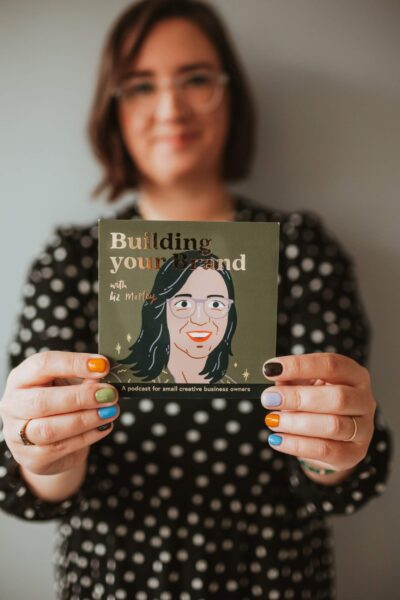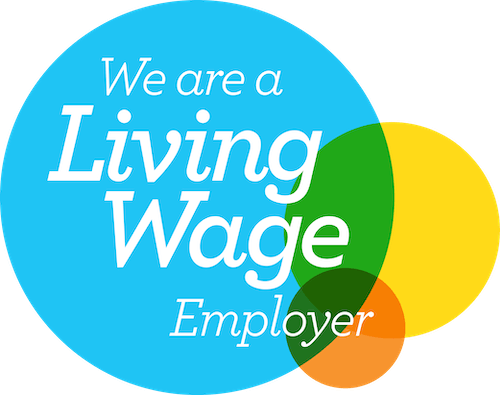Blogging is ruddy brilliant. When you run a small creative business, blogging demonstrates your expertise, gives you a tool to grow your community, and has the potential to open up some awesome PR opportunities too.
You might be a professional blogger, making your sickenin’ dolla by telling your stories, sharing your know-how, and cultivating a following that helps you attract new brands and collaborators.
Whether you’re a business owner or a blogger, you need to use your words to help the right people find you. That’s where you need a little search engine optimisation, or SEO.
Now we’ve already written a heck of a lot about SEO, including our recent article, Blogging SEO: 7 tweaks to optimise a blog for more Google searches, but today we’re going to focus on one epic essential for crafting blogs posts that Google loves: maximising your word count and creating longer blog articles.
But people have short attention spans, so shouldn’t we write short blogs?
No. No no no.
People do have short attention spans – until we find the information we are looking for. Imagine being given ten sets of instructions for different IKEA bookcases, and being asked to read them all. You probably wouldn’t take in or remember any of that info.
Now think about reading the instructions for the pair of IKEA Billy bookcases that you have bought, and need to build for those alcoves in your living room.
If you’re anything like me, you probably still struggle to keep 100% focus throughout, but I bet you any money that the Billy instructions got way more of your brain time, and you probably even remembered some of the steps from that first bookcase when constructing your second.
When you’re writing a blog post, you’re writing for the people who need the information you’ve written about.
The people who have the question you’ve answered, the problem you’ve solved, or the desire to purchase the products you’ve featured.
Below is a pretty picture of a Billy bookcase, as my husband/proofreader declared that this blog needed one.
Google loves long blogs
It’s no secret that Google prioritises longer blog posts, but you shouldn’t believe me – you should believe the stats and the informed opinions of dedicated SEO experts. I did a little digging with some of the SEO technology and media leaders, and here’s what the analysis says:
- HubSpot, a software developer of tools for business growth, says the ideal length of a blog post in 2020 is 2,100 – 2,400 words.
- The Drum, a leading news outlet for the marketing and media industries, says that although there’s no right answer to the length of a blog, it’s safer to lean on the longer side.
- Yoast, one of the most popular SEO help tools for website platforms like WordPress, says long blogs over 1,000 words have a higher chance of ranking well.
- Moz, another SEO tech giant, says that somewhere between 2,350 and 2,425 words is the ideal length.
So it’s pretty clear that the consensus is that longer blogs = higher ranking. However, as you know (because you totes clicked through to all those articles and read them in full) length counts for nothing if your article is, well, bad.
Even though our aim is to write longer blog posts, we don’t want to compromise on the quality of our message. The last thing we want is to inject our incredible content with superfluous fluff and wantless waffle that dilutes out content instead of enhances it.
SEO friendly blog content that Google loves
We can turn your expertise and opinions into juicy, SEO-rich content for your website.

700 words in, and I’m going to get to my point
Some people really struggle to write essay-length content for their blog, and as with most things, it gets way easier the more you do it. That’s one reason why the introduction to this blog post is topping 700 words, and I haven’t even shared my first tips or tricks for writing longer blogs. I am very well practiced at writing long ol’ blog posts in our chocka marketing blog.
When you’re new or inexperienced to long-form blogging, producing 2,000+ word posts probably isn’t realistic. Instead, I think you should give yourself a target of making 4 out of 5 blog articles hit around 950 words.
This should get you into good practice at writing meatier content, and still tick hella Google checkboxes.
Skip on over to our accompanying blog post, 7 easy tips and tricks for writing longer blogs for, well, exactly what the title says.























